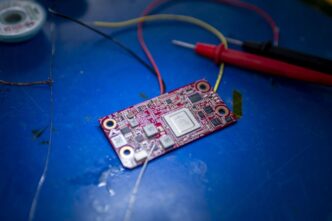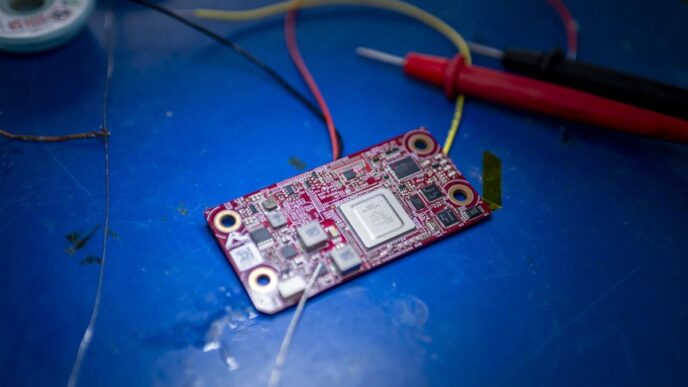Kriti Goyal, AI machine learning engineer at a major US Big Tech firm, breaks down her tech journey from India to the US and spills on what really matters for breaking into AI.
She pivoted from medicine to coding after watching a Code.org video featuring Mark Zuckerberg and Bill Gates. Now five years in, she’s on the Foundation Model main framework team — the folks building the core machine learning models.
Goyal started as an intern in India but knew she had to move to the US to advance. The real decisions and strategy happen at company HQ here, she says.
She chose a master’s at University of Wisconsin-Madison over transferring internally. The reason? Knowledge, specialty projects, plus making the right connections.
I had two ways to go about moving to the US: one was to try to move from within my company, or get a master’s. There were two reasons I chose the master’s path: the knowledge and extra specialty you can develop through projects and the connections you make.
The biggest thing I took away from my master’s program at the University of Wisconsin-Madison was definitely the people.
Her US internship got her noticed thanks to connections from India. She actively pitched her intern projects internally, which helped secure a full-time AI engineering role.
Her day breaks down into researching, syncing with teams and clients, then coding. Coding is her favorite part.
Goyal says skipping higher education is possible now but warns of hiring bias if you don’t have a master’s or PhD. For her, the master’s was also a way to navigate immigration and culture shock.
I think it’s possible now to skip that education stage. But I have seen a bias in hiring for specific teams, and it’s not unbreakable yet.
If you want to be in academia and teaching, the higher education path makes sense. But if you want to build something fast, learning and networking can be done in many places.
You essentially just need the ability to prove that you can be good at the job. That doesn’t really come from a degree. But I find there is usually some bias against applicants without a degree higher than a bachelor’s.
Goyal’s story cuts through the noise on AI career paths — skills matter, but networks and degrees still open doors.














